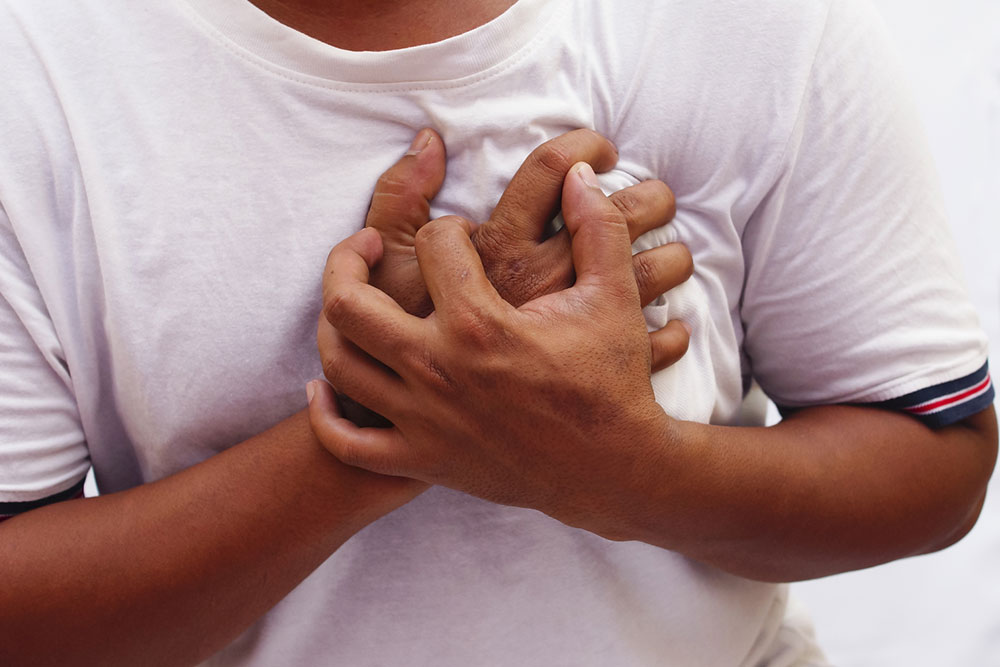Top 7 Common Causes of Chest Discomfort and Pain
Chest pain can arise from various causes beyond heart problems, including digestive, pulmonary, muscular, bone, and psychological factors. Recognizing these common causes helps in timely diagnosis and management. This guide covers the top reasons for chest discomfort, emphasizing the importance of proper medical evaluation to distinguish serious conditions from benign issues. Whether related to the lungs, digestive system, muscles, or nerves, understanding these causes can aid in seeking appropriate care and preventing complications.

Top 7 Common Causes of Chest Discomfort and Pain
Chest pain can manifest as sharp, dull, burning, stabbing, squeezing, or crushing sensations. While often linked to heart attacks, many other factors can lead to chest discomfort. Some causes originate outside the heart, involving nerves, lungs, ribs, or digestive organs. Understanding these varied reasons is crucial for proper diagnosis and treatment. Below are the most prevalent causes of chest pain that you should be aware of, which often mimic or indicate more serious health issues.
Gastrointestinal issues leading to chest pain
Conditions like gastroesophageal reflux disease (GERD), hiatal hernia, esophageal inflammation, or rupture can cause burning or persistent chest discomfort. Gallbladder inflammation or bile duct blockage may also result in sudden chest pain, making activities like breathing and swallowing difficult.
Pancreatic and digestive problems
Pancreatitis, pancreatic duct obstruction, or tumors may produce periodic pain radiating toward the chest, while digestive disorders like heartburn or swallowing difficulties also contribute to chest discomfort.
Respiratory system-related causes
Lung conditions, including pulmonary embolism, pulmonary hypertension, pleurisy, pneumonia, or pneumothorax, can cause stabbing pain, chest tightness, and shortness of breath due to blood clots, increased artery pressure, or inflammation of the lung membranes.
Muscle, nerve, and trauma-related causes
Injury or inflammation of chest muscles and ligaments from trauma can lead to pain during coughing, breathing, or movement. Conditions like shingles may also cause sharp, localized chest pain.
Bone and cartilage issues
Rib injuries, costochondritis, or bone tumors can cause sharp or dull pain, tenderness, and inflammation around the chest area, especially where ribs meet the sternum.
Psychological factors
Anxiety, panic attacks, stress, and other mental health issues may trigger chest discomfort, often accompanied by rapid heartbeat, sweating, or feelings of dread. These pains typically occur at rest and are short-lived but require careful assessment to distinguish from cardiac problems.
Other contributing causes
Additional factors include metastatic cancer, chronic lung conditions like COPD and asthma, mitral valve prolapse, and diaphragm irritation, all of which can lead to chest pain.
Heart-related causes
Cardiac conditions such as coronary artery disease, heart attack, pericarditis, hypertrophic cardiomyopathy, angina, and aortic dissection are primary causes of chest pain. Often, exertion worsens these symptoms, signaling serious health risks.










